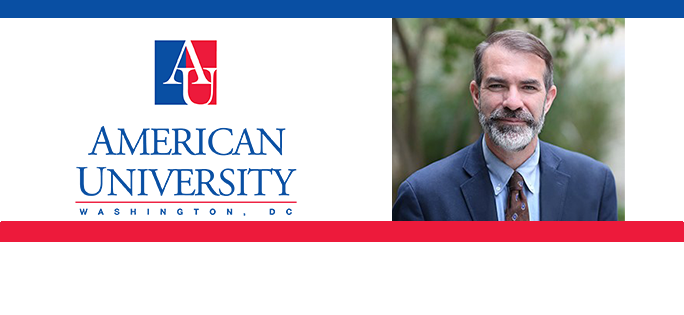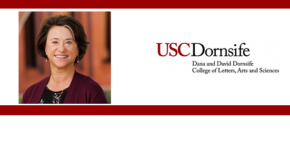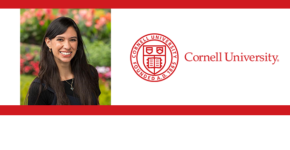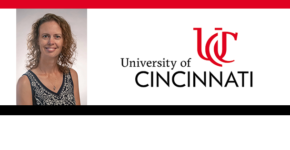Category: Political Science
-

Art Jipson, University of Dayton – Understanding Extremism
Understanding extremism can be key to our future. Art Jipson, associate professor of sociology and criminology at the University of Dayton, explores why. Arthur “Art” Jipson is an associate professor of sociology and criminology at the University of Dayton, where he has taught since 2001. From 2005 to 2016, Jipson was director of UD’s criminal…
-

Oak McCoy, University of New England – Social Security and National Parks Enduring Legacies of the New Deal
On University of New England College of Business Week: The New Deal gave us many important things we still rely on today. Oak McCoy, assistant professor of economics in the college of business, examines a couple. Dr. Oak McCoy is an Assistant Professor of Economics in the College of Business at the University of New…
-

Joshua Rovner, American University – Strategy and Grand Strategy
What’s your strategy for navigating tricky circumstances? Joshua Rovner, associate professor in the School of International Service at American University, delves into the difference between strategy and grand strategy. Joshua Rovner is associate professor of international relations at American University. His most recent book is Strategy and Grand Strategy (International Institute for Strategic Studies, Adelphi…
-

James Druckman, University of Rochester – Does American Political Hostility Threaten Democracy?
On University of Rochester Week: Is democracy under threat in today’s political climate? James Druckman, the Martin Brewer Anderson professor of political science, explores this. James Druckman is a professor of political science at the University of Rochester and has published approximately 200 articles and book chapters in political science, communication, economics, science, and psychology…
-

Gale Sinatra, University of Southern California – If You Want Americans to Pay Attention to Climate Change, Just Call It Climate Change
Using complex jargon can lessen the impact of a message. Gale Sinatra, distinguished professor and Stephen H. Crocker chair professor of education and psychology dean for research at the Rossier School of Education at the University of Southern California, says keep it simple. Dr. Gale Sinatra is a Distinguished Professor of Psychology and Education and…
-

Ian Afflerbach, University of North Georgia – How “Selling Out” Started with Political Corruption
We hear of people and rock bands being called sell outs. Where did this term come from? Ian Afflerbach, associate professor of American literature at the University of North Georgia, delves in to find out. Ian Afflerbach is an Associate Professor at the University of North Georgia. He teaches courses on Modern American Fiction, African…
-

Irina Troconis, Cornell University – Living with Hugo Chávez’s Ghost
Not all who die are gone forever. Irina Troconis, assistant professor of Latin American Studies at Cornell University, examines those who remain in one way or another. Irina R. Troconis is Assistant Professor of Latin American Studies in the Romance Studies Department at Cornell University. Her research explores the relationship between memory, politics, and cultural…
-

Sarah Stitzlein, University of Cincinatti – How Do We Encourage Honesty in our Political World Today
Truth and honesty in politics can seem fleeting or nonexistent. Sarah Stitzlein, professor of education and philosophy at the University of Cincinnati, gets us working to change this. Sarah M. Stitzlein is Professor of Education and Philosophy at the University of Cincinnati. She is editor of the journal Democracy & Education, President of the Ohio Valley…
-

Ian Afflerbach, University of North Georgia – The “Scab” as a Metaphor in American Labor Politics
Some insults end up forgotten to history, and some remain. What makes the difference? Ian Afflerbach, associate professor of American literature at the University of North Georgia, looks into this with current events on the mind. Ian Afflerbach is an Associate Professor at the University of North Georgia. He teaches courses on Modern American Fiction,…

